Credit Cards (US)
What is the difference between hard credit check and soft credit check?
An easy-to-understand explanation of what is a hard and soft credit check means. Learn how they differ, why you might be asked for one, and who uses them.
Advertisement
Learn the difference between the two and how it affects your credit score!
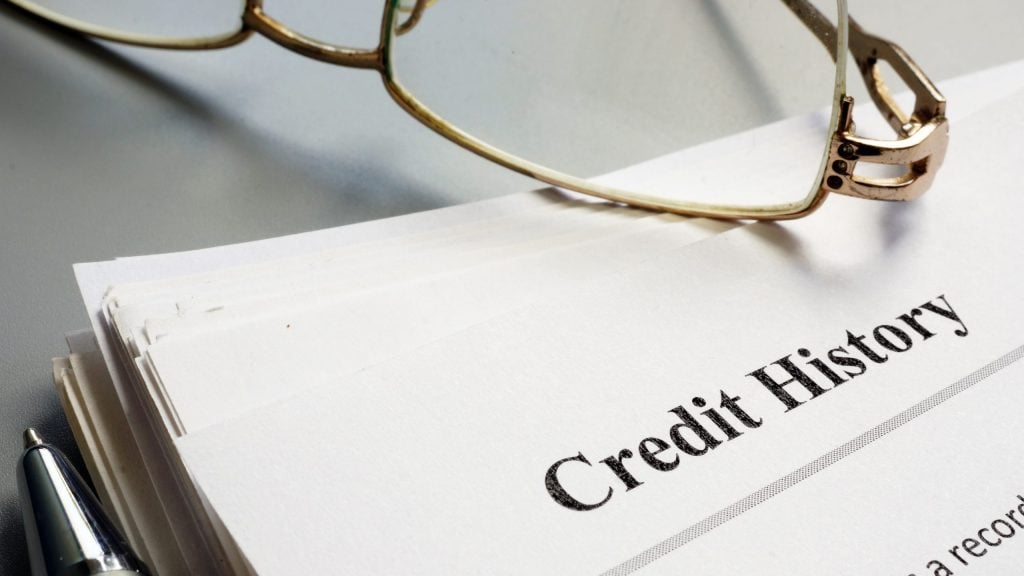
When you’re shopping for a new credit card or loan, you may have come across the terms hard credit check and soft credit check.
Businesses use this procedure to make sure that their customers are financially stable and reliable before becoming involved with them.
Do you know what each is? If not, don’t worry – you’re not alone! A lot of people don’t understand the difference between hard and soft credit check, so let’s break it down.

Credit score when you turn 18: what happens now?
Wondering what your credit score is like when you turn 18? In this post, we'll show you what to expect and how to start building good credit early on.
Checks occur when you sign up for a loan, credit card, or mortgage.
Credit checks are one-way businesses decide if you’re a good candidate for a loan or line of credit.
If you have a high credit score, it means you’re likely to repay what you borrow. A low score could mean you’re at higher risk of defaulting on a loan.
That’s why it’s important to keep an eye on your score and understand what factors could impact it.
You will be redirected to another website
By submitting this form, I agree that I am 18+ years old and I agree to the Privacy Policy and Terms and Conditions. I also provide my signature giving express consent to receive marketing communications via automated emails, SMS or MMS text messages and other forms of communication regarding financial products such as credit card and loans. Message frequency varies and represents our good faith effort to reach you regarding your inquiry. Message and data rates may apply. Text HELP for help or text STOP to cancel. I understand that my consent to receive communications is not a condition of purchase and I may revoke my consent at any time.
What is a hard credit check?
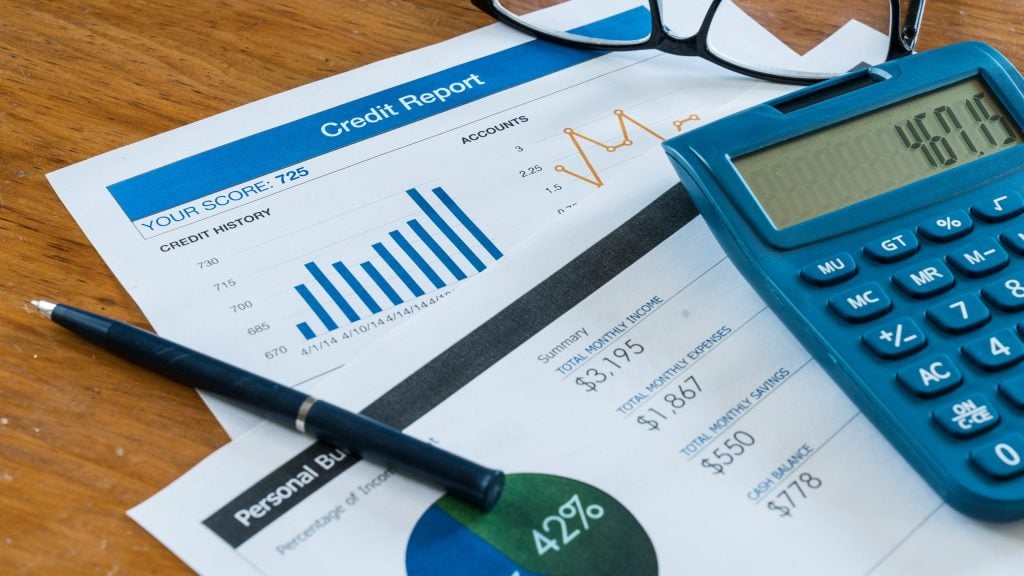
A hard credit check is when a lender checks your credit report to evaluate your credit standing.
This usually happens when you’re applying for a loan or credit card.
That check can lower your credit scores by a few points, but it’s for a short period. Your credit report can show them for a period of two years, but as time goes by, the impact on your score decreases.
Most people worry about a hit on their credit score. But there are ways to soften the punch.
For example, you can avoid applying for new credit cards or loans in the months leading up to a major financial event, like buying a house or taking out a car loan.
You can also ask the lender to look at your credit report before you apply for the loan.
What is a soft credit check?
Soft credit checks don’t show up on your report and won’t affect the credit score. They are typically used by lenders when first considering you for a loan or line of credit.
Most lenders do a soft credit check as an initial evaluation process in order to get an idea of your credit history and debts.
However, because soft credit checks do not impact your score, they are not considered as seriously as hard inquiries when lenders are making their final decision about whether to extend your credit.
That said, it’s still important to be careful about how often you allow companies to do soft credit checks, as too many can give the impression that you are frequently applying for new lines of credit.
Which could weigh against you when lenders are making their final decision.
When are Hard and Soft Credit Checks made?
A hard credit check happens when you agree to let the lender look at your credit report. A soft credit check doesn’t need permission to check your credit report.
Hard credit checks are typically done when you apply for a mortgage, auto loan, or personal loan.
Soft credit checks are usually done when you’re applying for a credit card or other type of account where you’ll have revolving credit.
Some employers also do soft credit checks as part of their background checks on job applicants.
If you’re unsure of how a check will be classified, make sure to ask the institution involved if it’s a hard or soft credit check.
What if someone doesn’t agree with a Hard Credit Check?

There are ways to dispute hard credit checks if you believe they’re inaccurate or unfair.
The first step is to obtain a copy of your credit report from the major credit reporting agencies and look for any hard credit checks that you don’t recognize.
If you find any, you can file a complaint with the respective credit bureau online or by mail.
Be sure to include any supporting documentation, such as a letter from the creditor showing that the inquiry was made in error.
Once the investigation is complete, the hard inquiry will either be removed from your report or confirmed as accurate.
Either way, you’ll have peace of mind knowing that your credit report is accurate and up-to-date. If you see a hard inquiry on your report that you don’t recognize, it could be sign of fraud.
You should reach out to the creditor to confirm that the inquiry is legitimate and take steps to protect yourself from identity theft if necessary.
Here are a few things you can do before going through a Hard check:
To stay on top of your credit, get a copy of the report! You’ll be able to see what information the platform has on you and look out for any inaccuracies.
Knowing your credit score can help you figure out where you need to improve and what steps to take.
If you have any debts that you need to pay off, try to do so before applying for new credit. This will help improve your credit score and make it more likely that you’ll be approved for new credit.
Understanding what hard and soft credit check is can help you manage your financial health.
Checking your credit score regularly is one way to stay on top of your credit health and catch any potential red flags early on.
Now that you know the difference between a hard and soft credit check, you can be more aware of how different lenders will impact your credit score.
Want to learn more about financial health? Check out this next article on 10 tips for a better financial life. And stay at the top of your game.

10 tips for a better financial life
Learning how to manage your finances will give you a lot of advantages in life. Put these tips into action, and you'll see the results.
Trending Topics

Choose a personal loan: Find the best lenders and deals!
Unsure how to choose the best personal loan for you? Check out our comprehensive guide on how to make the best decision for your needs.
Keep Reading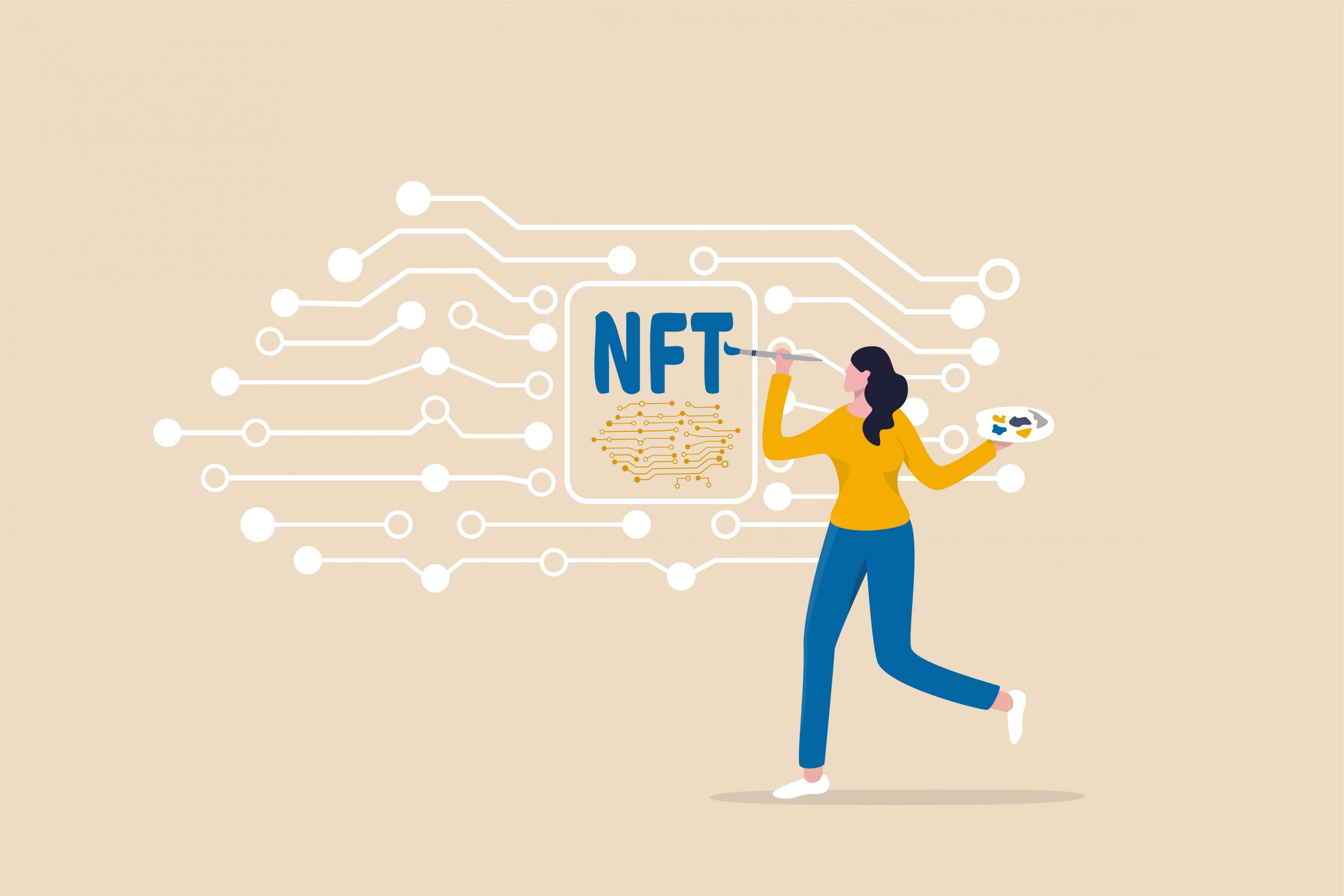
What is an NFT? Learn what it means and how they work.
Have you ever wondered what is an NFT and how they work? In this article, we'll explore what they are and how they differ from crypto.
Keep Reading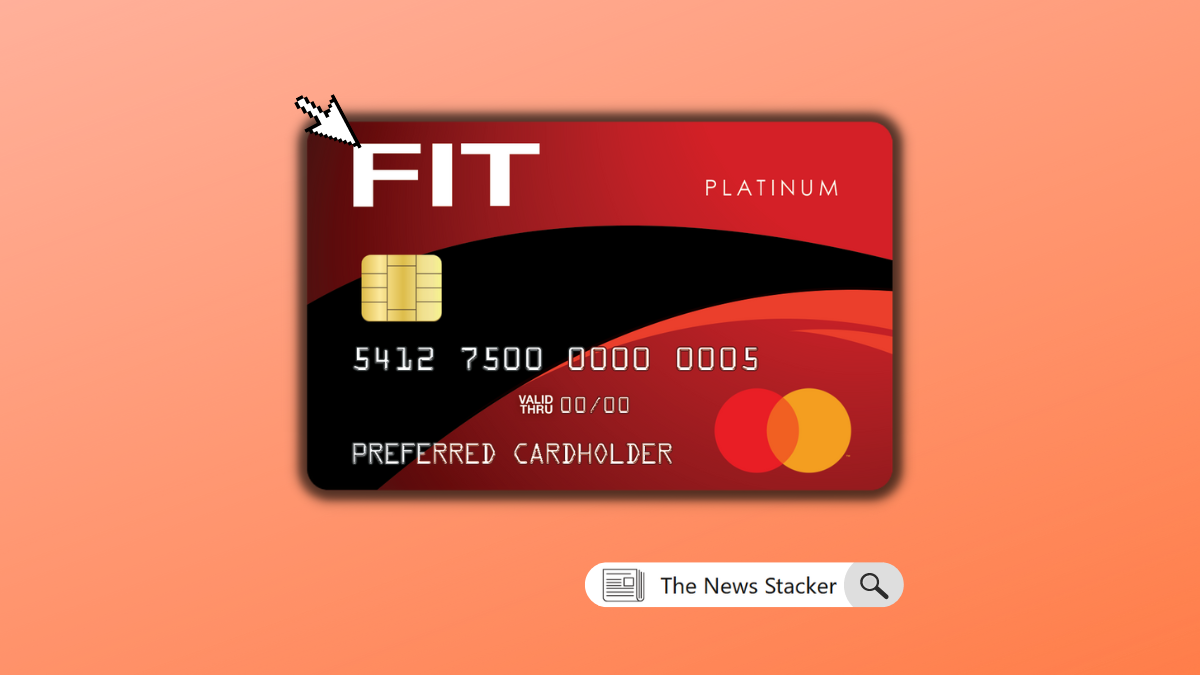
See how to apply for the FIT® Platinum Mastercard®
Learn how to apply for the FIT® Platinum Mastercard®. And regain control of your finances with this credit card can!
Keep ReadingYou may also like

The best VR games of 2022!
Want to experience the future of gaming? Our list of the best VR games has it all. Exciting first-person shooters, deep adventure, and more!
Keep Reading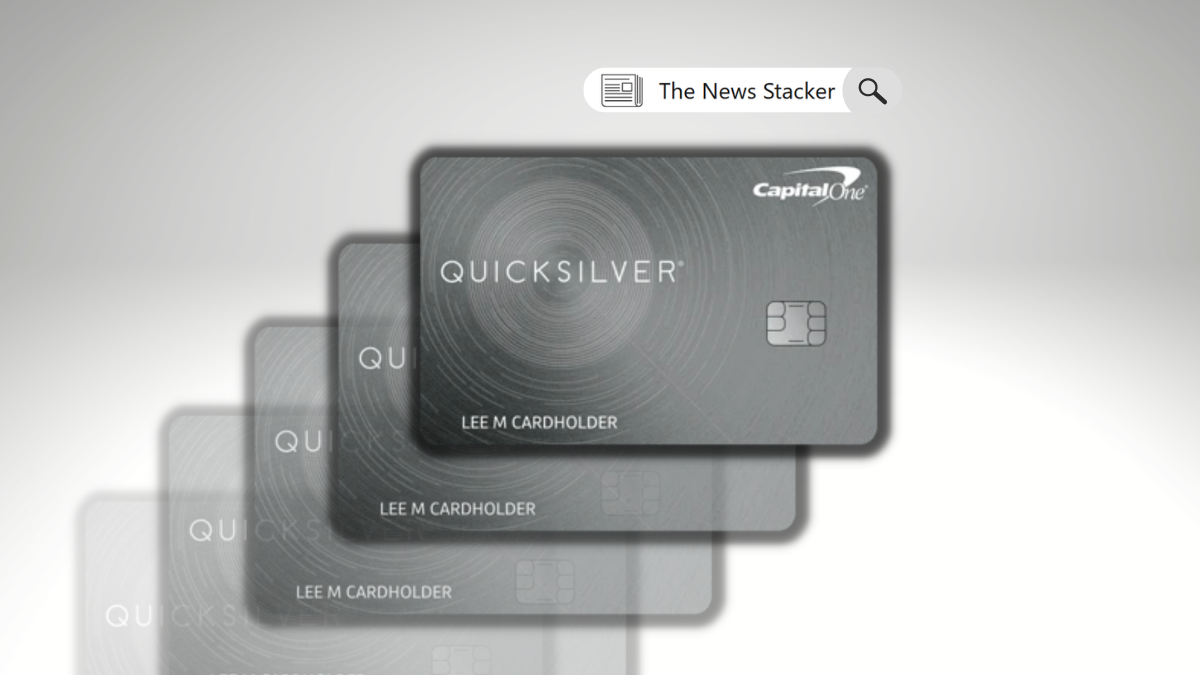
Quicksilver Rewards for Students Credit Card review
Are you looking for a student credit card with great rewards? Check out our Quicksilver Rewards for Students Credit Card review.
Keep Reading
What are the best fitness apps for 2023?
Looking to improve your fitness routine? Check out this guide on the best fitness apps and why they can help you conquer your goals.
Keep Reading